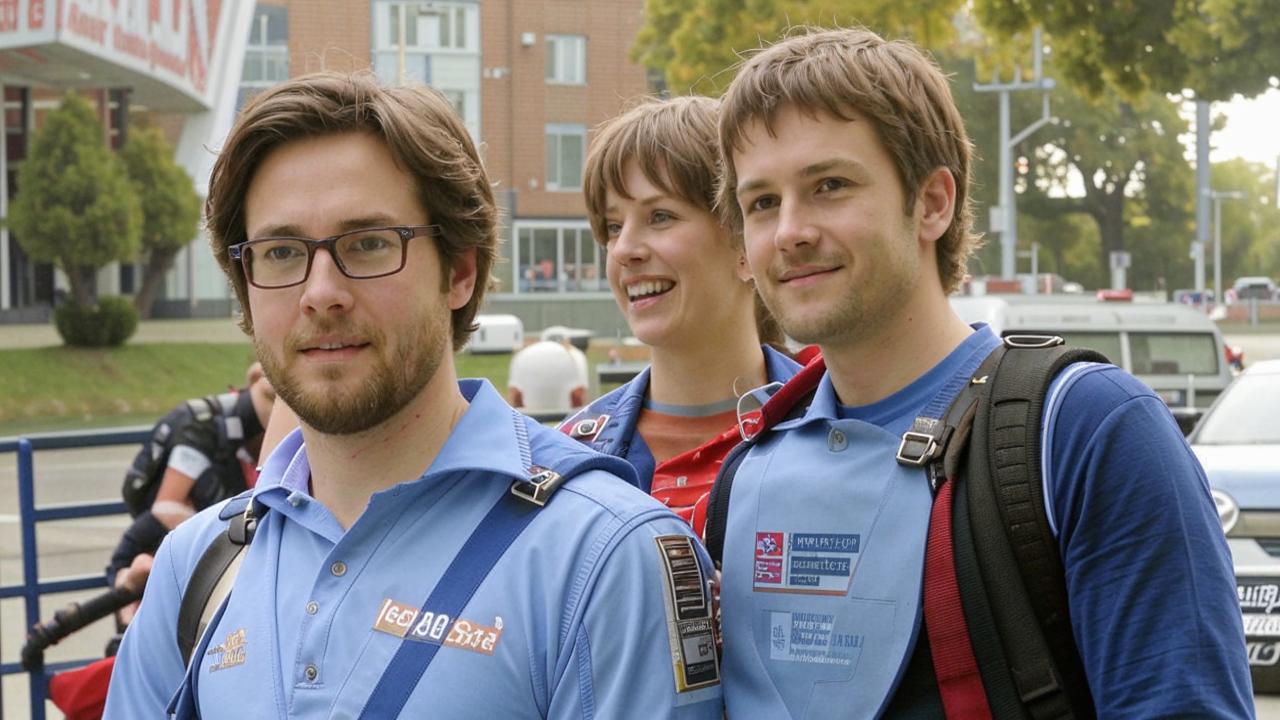What is the cause of depression in athletes? Is it weak psyche, excessively aggressive external environment? Or are athletes depressed for a long time, and competitions are the trigger?
In May last year, world number two Naomi Osaka took a break in her sporting career. Simone Biles, the leader of the U.S. national gymnastics team, took a similar step two months later. Both athletes, as it turned out later, faced a mental health problem.
And there are plenty of such examples – statistics show that depression occurs in about a third of athletes. Together with a sports psychologist, we figured out why sport is not always a good thing.

sporto psichologas
A lot depends on priorities, the capabilities of the body, the general mood and of course on the coach.
Why can depression develop because of sports?
To answer this question, it is important to understand what people come to sport for. The reasons can be divided into two groups: the pleasure of the process and the race for the result. Where the process is important, everything is simple – as long as there is a buzz from training, the athlete continues practicing. If there is no high, a person takes a break for a while, or goes to another sport, or can quit it altogether. Where the result is important, something more than training for pleasure is at stake.

Exercise can also be a means to an end. For example, when parents give a child to sports with the purpose to bring up physical qualities, willpower, determination, or to become a coach, sports manager in the future.

sporto psichologas
In the most talented ones they try to invest more time, effort, develop an individual approach. And if the child and parents do not object, begins a more focused sports training. The elements studied are constantly becoming more complex, the requirements for the accuracy of their performance are growing. So it turns out that the activity that used to bring pleasure, now aimed at achieving specific results. There is less time for leisure, study, recreation and communication with loved ones. The deprivation of basic outside pleasures leads to a decrease in the enjoyment of exercise itself and the positive emotions in life. This, in turn, sets the stage for the appearance of depression.
How to avoid depression and maintain the benefits of sport?
What to do in situations where this has already happened or may happen in the near future? For this there are a number of steps.
Properly distribute your time
It is said that a harmonious person is a well-rounded person. That is, if sport takes time away from you or your child from other areas of life, it is better to try to balance them. For example, make an activity plan for the week and write down the time that each area of life takes up, so that the most important ones are represented in the plan.
If, like tennis player Naomi Osaka, you start to get annoyed with the press during competitions, be sure to discuss the reasons with specialists.
Denis: Perhaps the problem lies in the fact that you are a reserved person. Or you are not very confident in the quality of your training, and any additional attention can only increase this uncertainty. The feeling of discomfort – both psychological and physical – should not be left unattended. It needs to be dealt with. Often emotional negativity can manifest itself in the form of under-recovery, injuries, conflicts, and lower quality performances.
Share impressions about training with your loved ones, remember other important areas of your life, be harmonious. If something bothers you, try to discuss it immediately, if possible to solve the problem or change your attitude to a positive one. This is enough for sport to bring you joy and benefit.
And lastly, we suggest you take a mini-test. Answer yourself whether you agree with the statements:
- after training, you for some time continue to lively discuss what was there;
- you talk positively about the trainer;
- want to go to the next training session.
Check yourself against this list. If you have at least one point in common, it’s already good.






